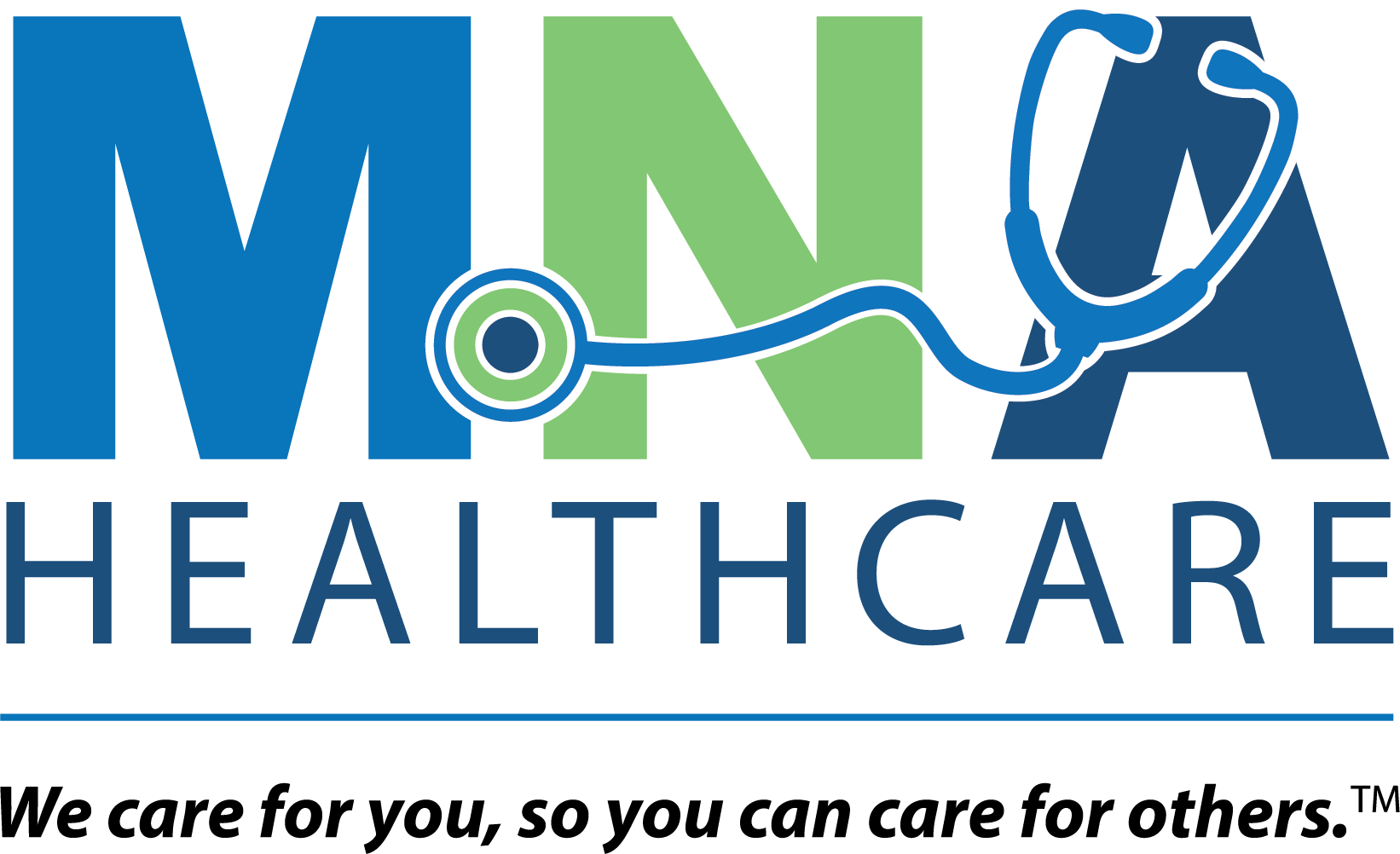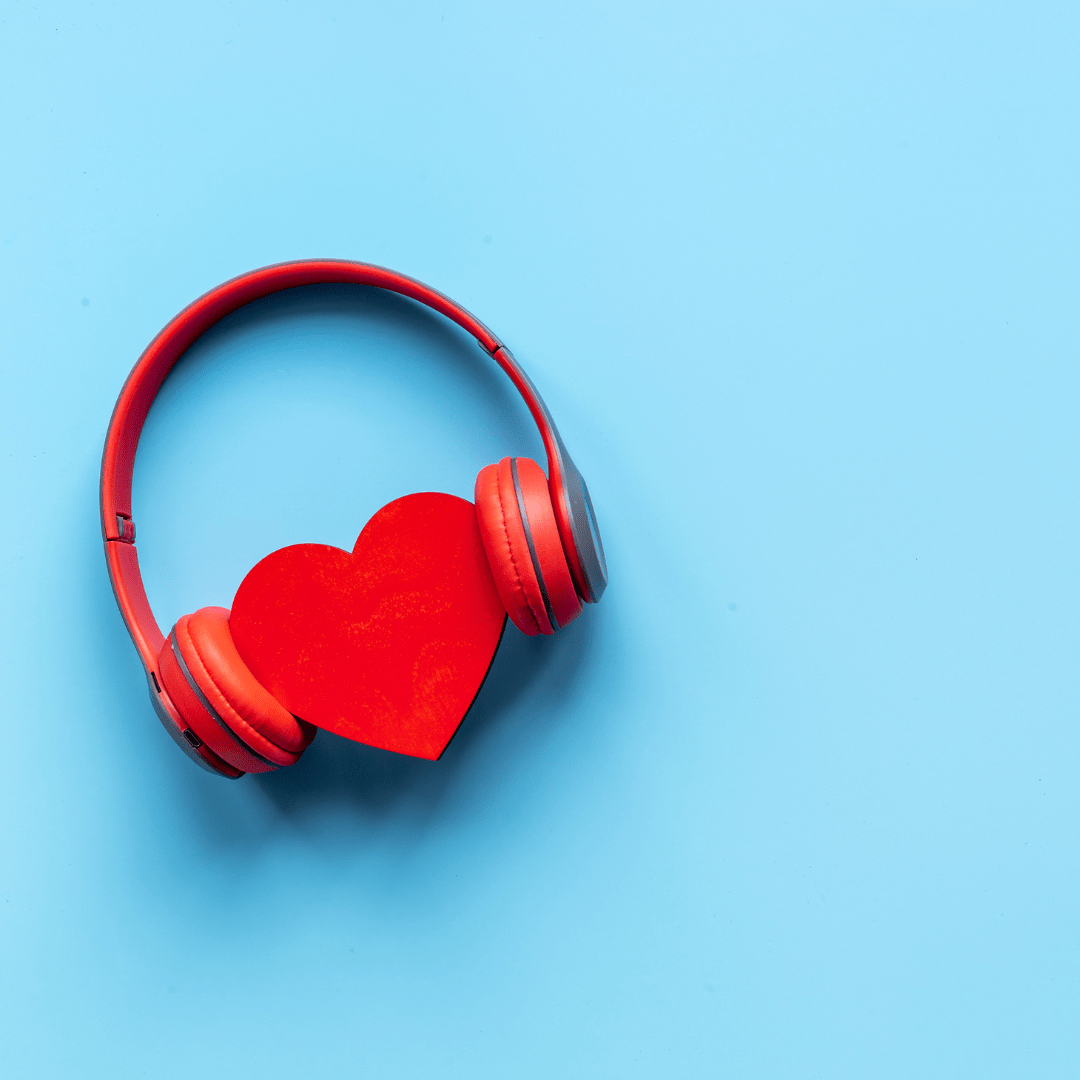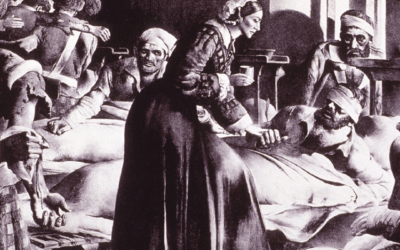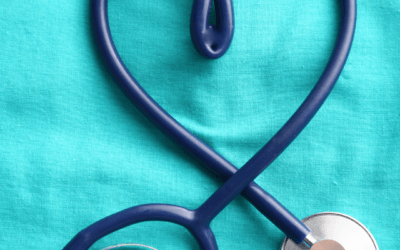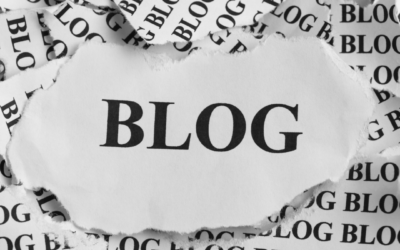What song makes your heart pound? Do you get breathless from “Total Eclipse of the Heart?” Does Whitney Houston’s cover of “I Will Always Love You” get you going? Or maybe you’re old school and nothing makes your pulse race quite like the final movement of Beethoven’s Symphony No. 9. Whatever your preference, humans have always felt an innate connection between music and their hearts. And according to Scientific American, that ancient instinct is helping modern physicians diagnose and treat today’s cardiac patients.
Heart rhythm disorders, such as arrhythmia and atrial fibrillation, create complex tones that are audible through the stethoscope. In an article for the Lancet, nephrologist Michael Fields describes how he uses musical analogies to teach cardiac auscultation to medical students.According to Fields, describing heart tones in musical terms is a useful tool to help new physicians acquire this notoriously difficult skill.
According to Frontiers in Physiology, another group of researchers used a scene from a movie that pairs high tension with a fast-paced musical score to study how strong emotions influence heart cells. Their data may explain how extreme stress can contribute to serious cardiac arrhythmias.
According to Scientific American, cardiac patients can also benefit from music-based interventions to help them recover from surgery, lower stress and help reduce blood pressure and heart rate. Some studies have found that patients who listen to relaxing music after heart attacks experienced decreased strain on heart and lungs.
While music therapy for heart patients is still an emerging area of study, the early results are promising, according to St. Luke’s Health. And even though more research is needed and music alone cannot treat cardiovascular diseases, there’s no real risk attached to spending 30 minutes a day relaxing with your favorite tunes.
